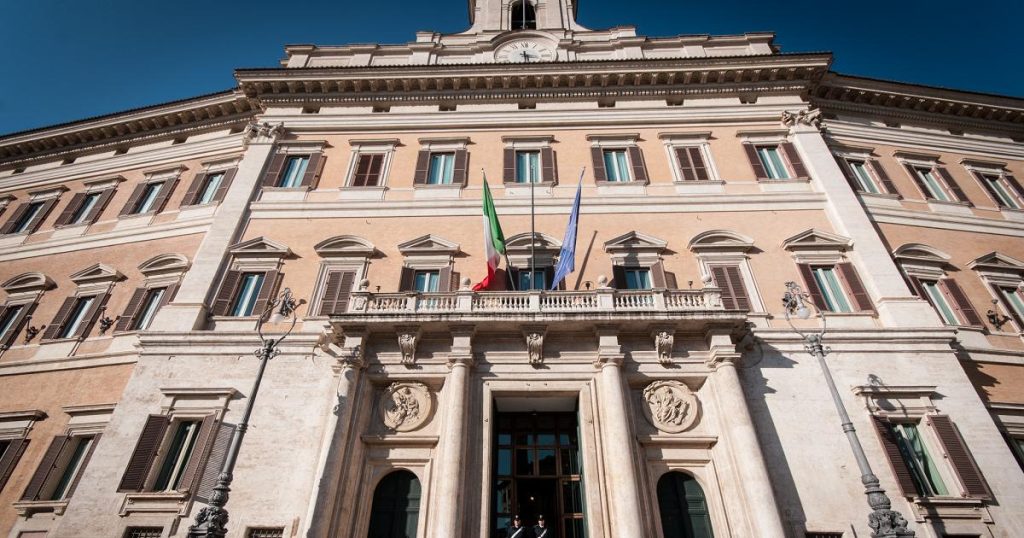The text from the Parliamentary Commission has partially amended the text approved in November of last year by the Council of Ministers. These are the main contents of the reform law: DIRECT ELECTION: Article 92 of the Constitution will be replaced by the following: The government is composed of the Prime Minister and the ministers, who together constitute the Council of Ministers. The Prime Minister will be elected through universal and direct suffrage for a term of five years. TERM LIMIT: The Prime Minister can remain in office for no more than two consecutive terms, unless in the previous term he held the position for a period of less than seven years and six months. Additionally, the elections for the Chambers and the Prime Minister will take place simultaneously. ELECTORAL PRIZE: The law will regulate the system for the election of the Chambers and the Prime Minister, providing a national-based prize that will guarantee a majority of seats in both Chambers to the lists and candidates linked to the Prime Minister, in respect of the principle of representativeness. The Prime Minister will be elected in the Chamber in which he presented his candidacy.
Concerning the majority prize, which was initially set at 55% of parliamentarians in both Chambers, a discussion has arisen and it will be decided directly in the electoral law that will be examined only after the reform of the premiership. The controversy was related to the fact that there was no minimum threshold to obtain the prize nor a hypothesis of a runoff. This meant that, in case of multiple candidates and multiple coalitions, as for the mayors of small municipalities with fewer than 5,000 inhabitants, the first one would take 55% of the deputies and senators. After the amendment in the Commission, also supported by some majority forces, a runoff between the top two coalition candidates is proposed if a minimum percentage threshold of 42-43% is not reached by any of the candidates for the premiership. APPOINTMENT AND DISMISSAL OF MINISTERS: The President of the Republic will give the elected Prime Minister the task of forming the Government and will appoint and dismiss, upon the proposal of the latter, the ministers. WHITE SEMESTER: It will no longer be provided to allow the President of the Republic, in exceptional circumstances, to dissolve the Chambers at any time.
In summary, the reform law aims to change the method of electing the Prime Minister to direct and universal suffrage for a period of five years, with a limit of two consecutive terms. The elections for the Chambers and the Prime Minister will occur simultaneously, and there will be a national-based electoral prize to ensure a majority of seats in both Chambers for the lists and candidates linked to the Prime Minister. The controversy over the majority prize percentage has led to a proposal for a runoff between the top two coalition candidates if a minimum percentage threshold is not reached. The President of the Republic will nominate and dismiss ministers upon the proposal of the Prime Minister, and the concept of a “white semester” to allow the dissolution of the Chambers at any time will be eliminated.
The reform also includes modifications to the electoral law, specifically in relation to the implementation of the majority prize and the possibility of a runoff in case of no clear majority. The role of the President of the Republic in appointing and dismissing ministers will be clarified, and the concept of a “white semester” will be removed in exceptional circumstances. Overall, the reform aims to streamline the election process for the Prime Minister and ensure a more representative government through direct suffrage and clearer electoral mechanisms. These changes are intended to enhance the democratic process and governance in the country by providing a more transparent and efficient system for electing and forming the government. The modifications proposed by the Parliamentary Commission will need to be further examined and potentially amended before being fully implemented.


